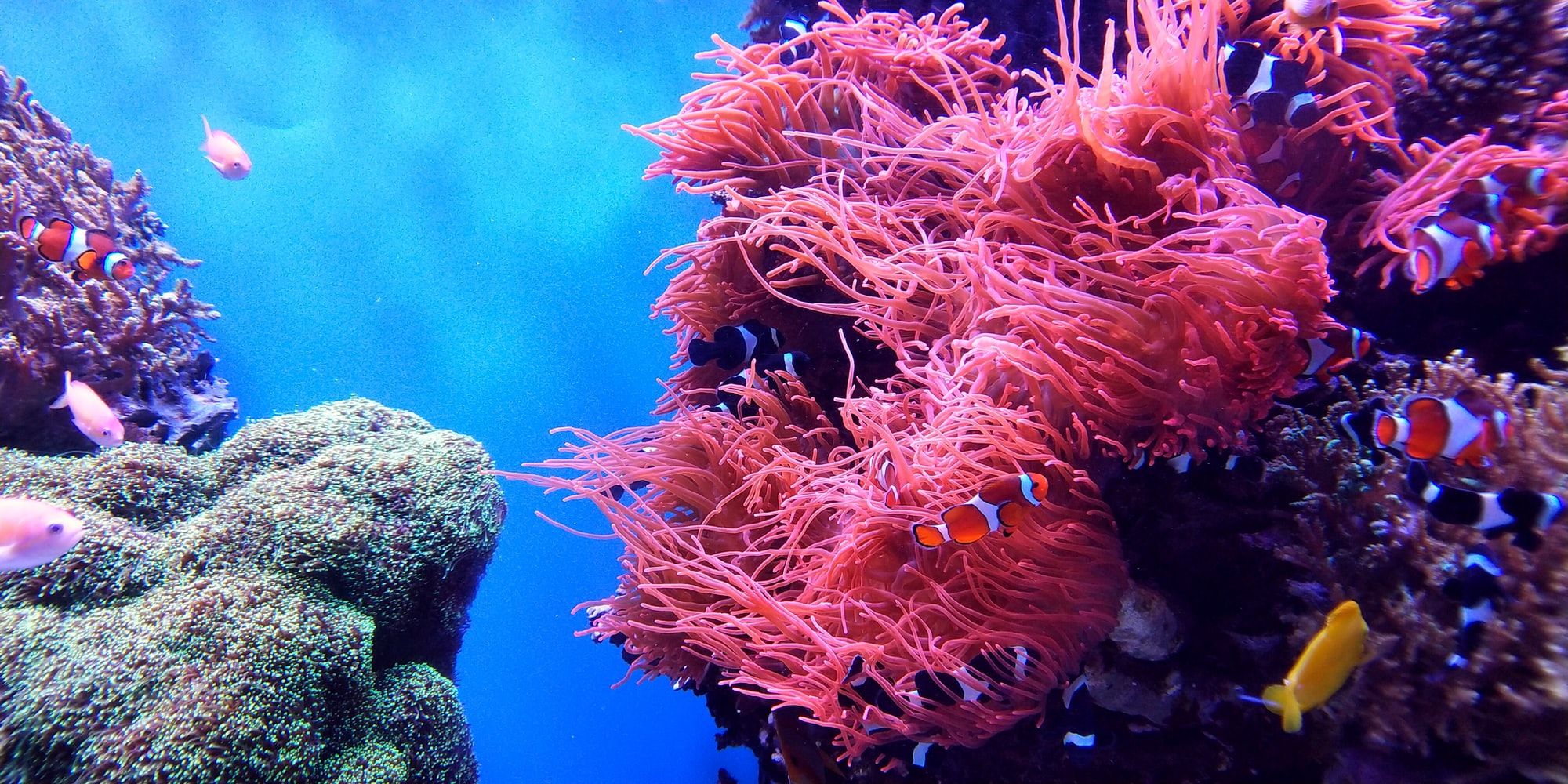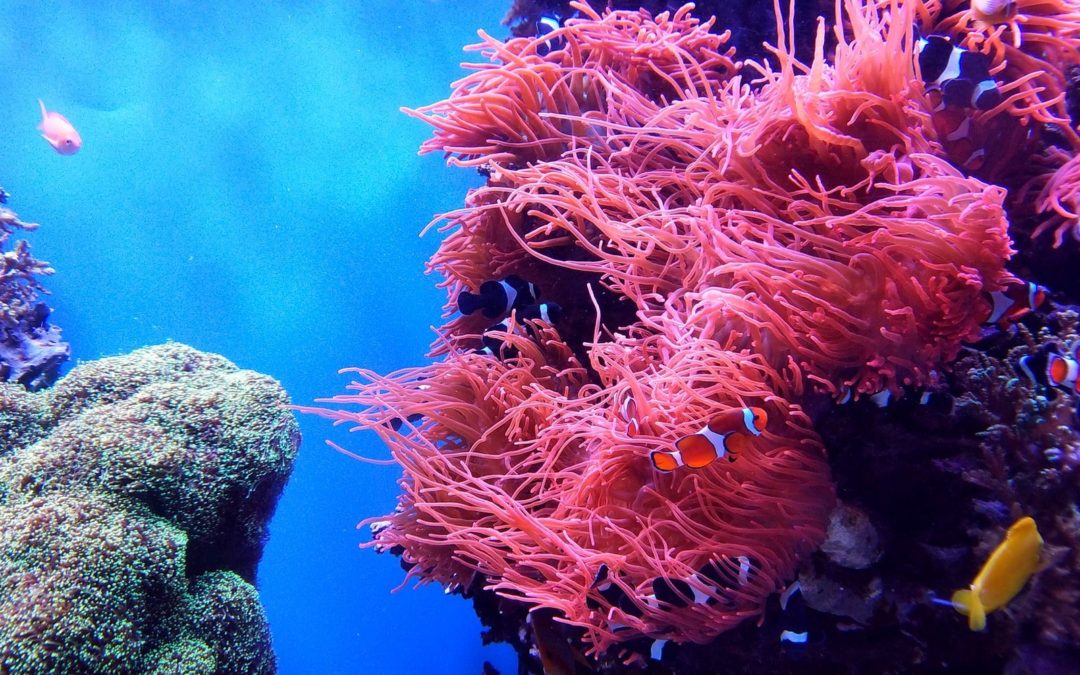
During a field expedition, reef scientists have used the same tools for decades: SCUBA gear, clipboards, pencils, rubber bands and waterproof paper. Emily Darling is a conservation scientist with Wildlife Conservation Society or WCS. She writes in an essay published in The Revelator that they in the evening, after spending long days underwater, hand-copy the data they collected, from the underwater paper into Excel spreadsheets. Usually working by solar lanterns or headlamps. Oftentimes they spend the nights without electricity or the internet. Turning data into “actionable conservation management” is a big challenge for the researchers. The new platform MERMAID is beginning to change that.
Marine Ecological Research Management AID, also called MERMAID, launched in 2019 and is the first platform of its kind. MERMAID is a free online-offline platform that is open for scientists around the world to collect, analyze and share field-based coral reef surveys.
The platform was created by Emily Darling along with some colleagues at WCS, WFF and Sparkgeo. Already there are nearly 600 scientists from around the world using MERMAID. And now the platform is even better than before.
Last summer the MERMAID team launched a new global dashboard, where anyone from the entire globe can pull up a map of the planet’s reefs and get a quick and simple overview photo of how the reefs are doing. There’s all kind of information about the health of the reef: from how many fish are on the reef to the types of corals present. The dashboard supply quick and straightforward information about the important measure of reef health and function. This service brings scientific knowledge directly to those who need it.
The information tells the scientists: Is conservation working? Are reefs recovering? How can conservation help reefs adapt to a changing climate?
Emily Darling wrote in her essay:
“There’s still time to save many coral reefs, and scientific information will help us do this faster and more effectively. MERMAID’s dashboard helps democratize the world’s coral reef data, bringing a digital snapshot of global reef health to critical conversations about sustainability and conservation. This will help us create a brighter future for the world’s oceans.”





